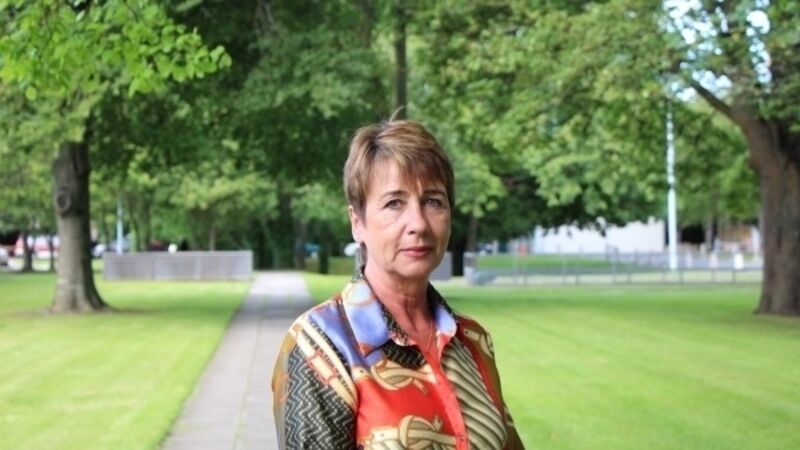Another woman in ‘weak’ position being told what to do with baby

It was 1984. The country had just voted two-to-one to pass the Eighth Amendment to the Constitution to prohibit legal abortion, except when a woman’s life was in danger. No surprise, then, that Majella Moynihan was horribly belittled by the Garda hierarchy for getting pregnant by another garda recruit and effectively forced her to give her baby up for adoption.
Majella only avoided being sacked because the Catholic archbishop of Dublin feared it would lead to abortions in England. We were a country ruled by the Catholic Church. Except I don’t buy that reading at all. There are similarities between the mindset of some in the movement behind the Eighth and those who officially humiliated Majella Moynihan, in that both sought to control women.














